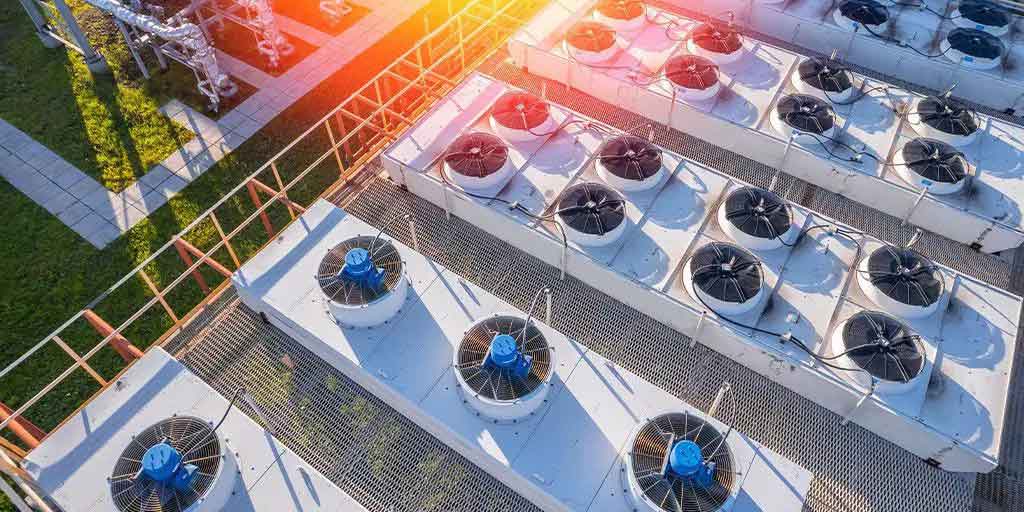Key elements for successful Air Con and HVAC design
Our mechanical engineering design team can be engaged as part of a team that delivers coordinated HVAC solutions for building projects. Working closely with our clients as part of an integrated team our engineers have a broad scope of responsibility across residential, commercial and public developments. HVAC design remains a core focus due to its critical impact on indoor environmental quality.
Designing for Occupant Health and Comfort
The effective HVAC design begins with clear understanding of how the building will be used, as indoor air quality affects occupant health,. Our engineers prioritise ventilation strategies that adopt to daily usage patterns, minimising CO2 levels and airborne contaminants. Our designs give consideration to occupancy level and the nature of activities within each space to ensure systems are both responsive and efficient.
Delivering High Performance HVAC Systems
Our team delivers effective HVAC by producing detailed planning and engineering of heating, ventilation, and air conditioning systems. These designs serve a range of buildings, from single dwellings and apartment blocks to offices, retail units and schools. Engineers can employ building Information Modelling (BIM) to aid the development and coordination of HVAC designs. Our specialist engineers will also develop designs that maximise energy savings by incorporating high-efficiency technologies in accordance with the latest Building Regulations.
Sustainable and Energy Efficient HVAC design
Energy efficiency in HVAC design is hugely important; therefore, the Cudd Bentley team will develop designs that reduce energy consumption, lower operational costs, and improve indoor air quality. This includes selecting systems with good thermal insulation, and efficient heat recovery. We also aim to reduce reliance on refrigerants with a high GWP (Global Warming Potential), by reviewing the use of both natural and synthetic refrigerants. This limits the environmental impact and support global climate goals.
Key Considerations in HVAC Design:
- Building Type: Commercial buildings, residential buildings, and industrial facilities have different HVAC requirements.
- Building Size and Layout: These factors influence heat loss and gains, and therefore, equipment sizing.
- Occupancy Patterns: The number of occupants and their activities directly affect heating and cooling demands.
- Climate and weather conditions: Local weather patterns and seasonal temperatures influence design strategies
- Budget: The financial resources available for the HVAC system.
- Sustainability: Incorporating energy-efficient and sustainable technologies.
- Energy Efficiency: Priority is given to high performance systems.
- Maintenance: Long term reliability and service requirements are planned for.
- Airflow Requirements: Systems are design to occupancy requirements.
- Noise Control. Acoustic requirements/considerations are taken during the design phase.
- Filtration and Air Quality.
- Compliance with Building Codes and Regulations: All designs meet building regulations and environmental standards
HVAC design must also meet emissions guidance, as all local authorities have clearly defined net-zero goals. The Cudd Bentley team of engineers are knowledgeable and experienced in working with a range of guidance, including the Greater London Authority (GLA). This ensures they can produce designs that not only meet client needs but are also compliant.
Start Your Project with Us
Our mechanical and electrical engineers achieve the best results when involved early in the construction process. To discuss how our team can support your project with effective and sustainable HVAC design, please get in touch to arrange a meeting.



